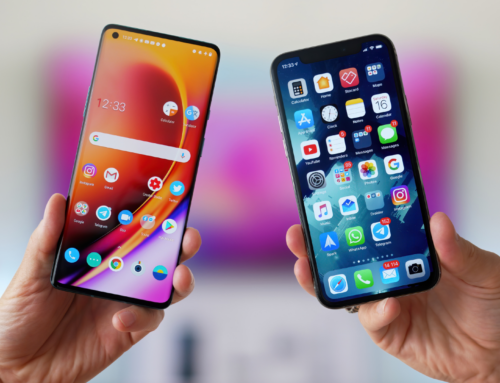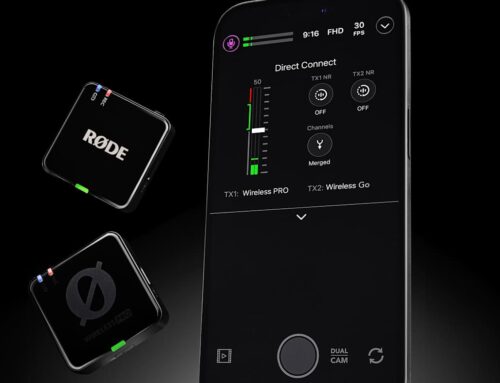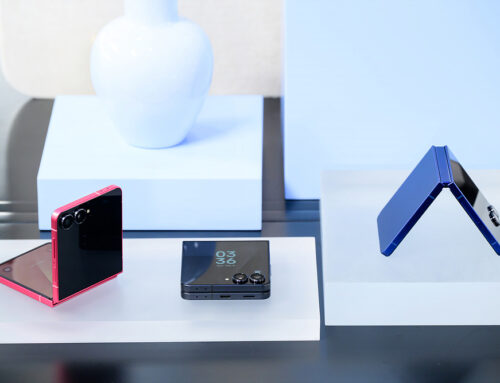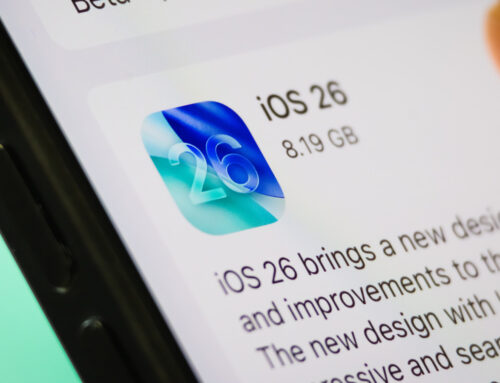Just as some iPhone 14 owners are raising concerns about a possible battery issue, the original lawsuit over 2017’s batterygate saga is nearing an end. One of the firms representing Apple customers in the suit, Cotchett, Pitre & McCarthy, announced that the 9th Circuit dismissed two cases from people appealing the terms of what it called “the largest all-cash recovery in a computer intrusion case in history” (via 9to5Mac and Mercury News).
This clears the way for millions in payments to be distributed to affected owners of covered iPhone 6, 6 Plus, 6S, 6S Plus, 7, 7 Plus, or first-generation iPhone SE devices. According to the terms of the settlement, Apple would have to pay a minimum of $310 million and up to $500 million, depending on how many people filed claims.
The bad news is that if you owned one of the affected phones and are just now hearing about this, the deadline to submit a claim passed in October 2020. However, according to the attorneys, based on the number of people who filed, if you’re one of the 3 million or so people who did file and you were approved, then you can expect a payment of around $65. More details are listed on a website about the settlement.
The class-action settlement was over Apple slowing down devices once iOS detected their batteries had degraded. Apple said this would prevent the phones from spontaneously shutting down if the battery couldn’t supply the current needed. However, it hadn’t mentioned the change that shipped in an iOS 10 software update until after users picked up on it, confirming what some consider “planned obsolescence” that pushed users to unnecessarily buy new phones even as Apple said it was done to make the devices work better as they aged.







